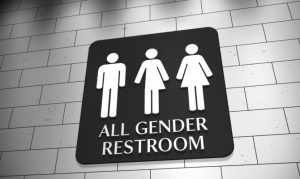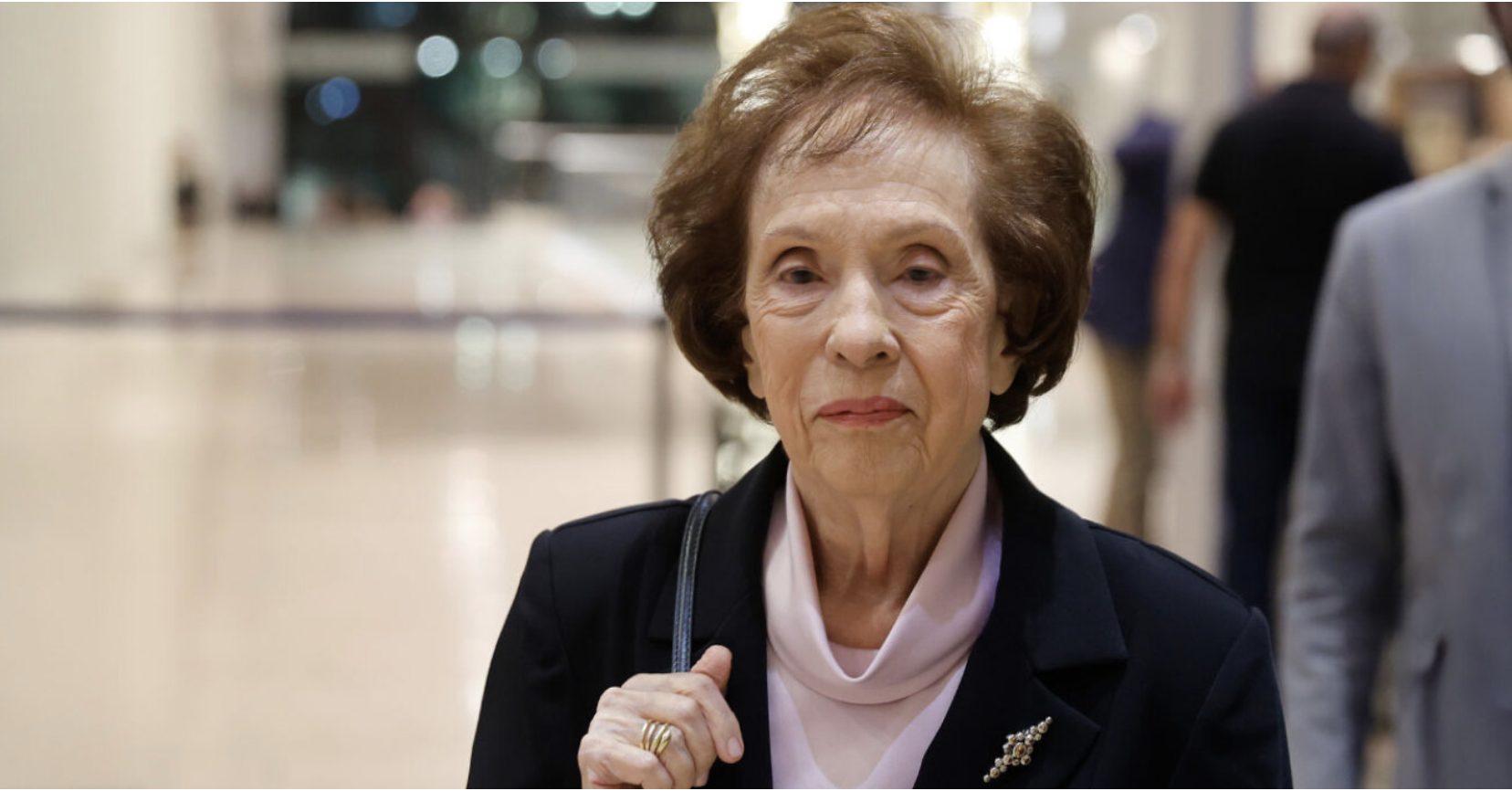On social media, the country seems to divide into two neat camps: Call them the woke and the resentful. Team Resentment is manned—pun very much intended—by people who are predominantly old and almost exclusively white. Team Woke is young, likely to be female, and predominantly black, brown, or Asian (though white “allies” do their dutiful part). These teams are roughly equal in number, and they disagree most vehemently, as well as most routinely, about the catchall known as political correctness.
Reality is nothing like this. As scholars Stephen Hawkins, Daniel Yudkin, Miriam Juan-Torres, and Tim Dixon argue in a report published Wednesday, “Hidden Tribes: A Study of America’s Polarized Landscape,” most Americans don’t fit into either of these camps. They also share more common ground than the daily fights on social media might suggest—including a general aversion to PC culture.
The study was written by More in Common, an organization founded in memory of Jo Cox, the British MP who was murdered in the run-up to the Brexit referendum. It is based on a nationally representative poll with 8,000 respondents, 30 one-hour interviews, and six focus groups conducted from December 2017 to September 2018.
If you look at what Americans have to say on issues such as immigration, the extent of white privilege, and the prevalence of sexual harassment, the authors argue, seven distinct clusters emerge: progressive activists, traditional liberals, passive liberals, the politically disengaged, moderates, traditional conservatives, and devoted conservatives.
According to the report, 25 percent of Americans are traditional or devoted conservatives, and their views are far outside the American mainstream. Some 8 percent of Americans are progressive activists, and their views are even less typical. By contrast, the two-thirds of Americans who don’t belong to either extreme constitute an “exhausted majority.” Their members “share a sense of fatigue with our polarized national conversation, a willingness to be flexible in their political viewpoints, and a lack of voice in the national conversation.”
Read more HERE
Ask me anything
Explore related questions





